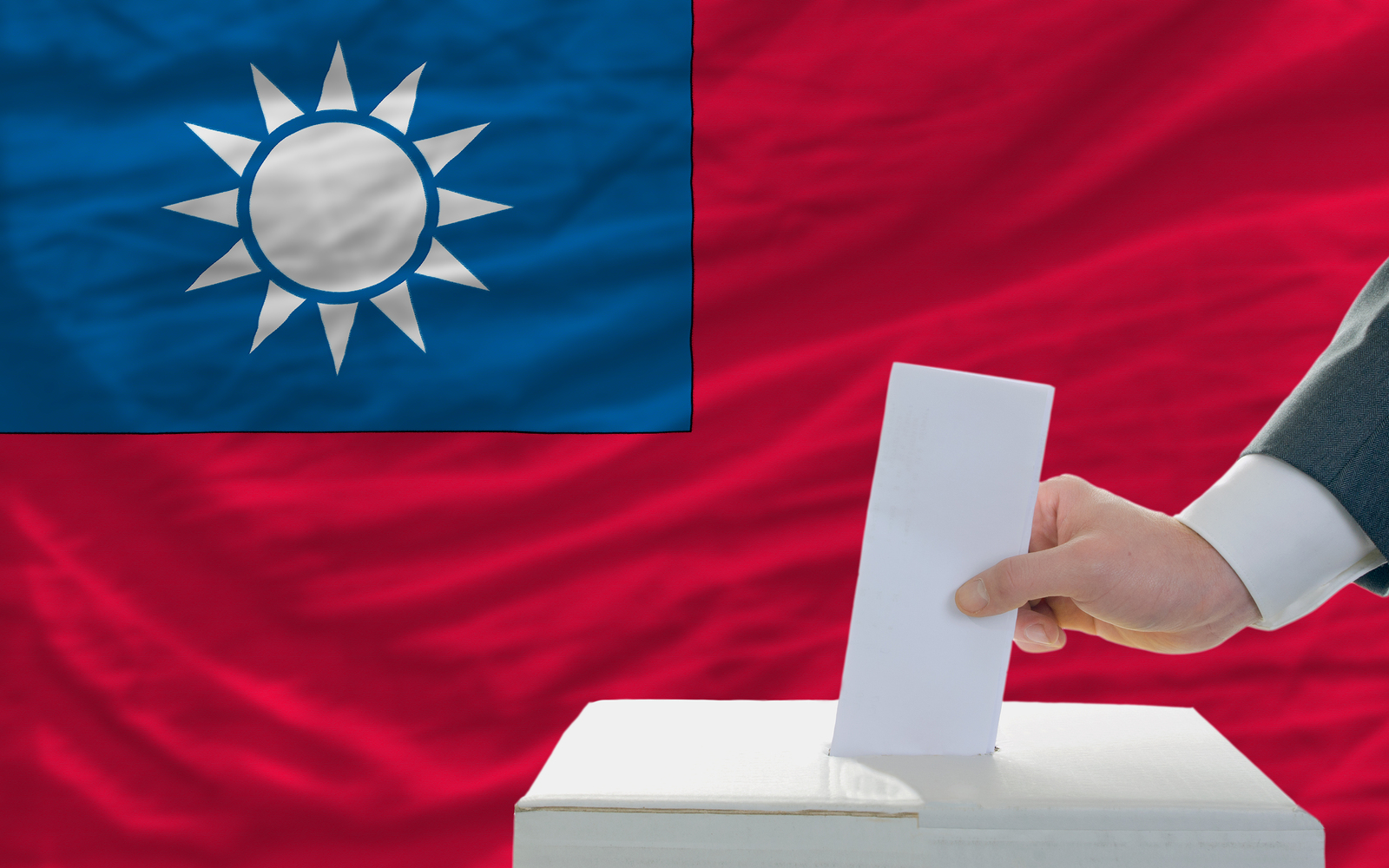Contest of the Crazy
(Germany) on 16 December 2015
by Kerstin Kohlenberg (link to original)
Will it turn into a duel between front-runners Ted Cruz and Donald Trump? That was the question during this fifth and final TV debate between the Republican candidates for the presidency at the Hotel Venetian in Las Vegas. In the days leading up to the debate, there were exchanges between the two. Cruz criticized Trump's judgement, causing Trump to call Cruz a “maniac” and therefore unfit to be president. Cruz responded by tweeting a video of the song “Maniac” from the movie “Flashdance.” None of the petty quarreling was seen on stage in Las Vegas where Cruz and Trump presented a unified front, both fighting for the support of the extreme right wing.
Cruz showed understanding for all proposals Trump had made over the last few days that had caused considerable outrage. On forbidding Muslims entry into the United States, Cruz said, “I understand why Donald made that proposal,” and explained that he had a similar if more narrowly defined suggestion: He would only bar Muslims from certain countries from entry into the U.S., inspiring a fatherly nod from Trump. On building a wall between the U.S. and Mexico, Cruz said, “If I’m elected president, we will secure the border, we will triple the border patrol, we will get a wall that works, and I’ll get Donald Trump to pay for it” — to which Trump responded, “I’ll build it!” On the legalization of illegal immigrants, Cruz said, “I have never supported legalization, and I do not intend to support legalization." Trump surprised everyone with a new strategy: “And the other thing is, with the terrorists, you have to take out their families. They, they care about their lives. Don’t kid yourself. But they say they don’t care about their lives. You have to take out their families.” When it was pointed out that that would amount to illegal killing, Trump rhetorically asked, “So they can kill us, but we can’t kill them?”
What emerged from this debate were two groups of candidates. On the one hand, there are the loudmouths who are prepared to say the most extreme things in order to mobilize their electoral base. Trump is the leader of this group as expected, and Cruz sails comfortably in his slipstream. Former neurosurgeon Ben Carson, normally a part of this group, slipped out of that role this time and likened defeating the Islamic State to opening a child's skull in preparation for tumor removal surgery. Asked what the most effective approach to better protecting American lives would be (Marco Rubio favors more National Security Agency surveillance, Rand Paul favors immigration reform), he replied, “You'll have to ask them.”
On the other hand, there's the crowded middle ground that mainly keeps trying to ditch Trump. In Las Vegas, Bush again had his best moments on that field. On Trump's suggestion that Muslims be denied entry into the United States, he said: “But then they have a blanket indictment for a billion people. Is that really a serious plan? All Indonesians are not allowed in our country? Canadians that happened to be Muslim aren’t allowed into our country? Then it’s ridiculous. And it sends such a killing signal to our allies that we are no longer serious. How do you expect an ally, which we need, we need to build an alliance.”
It was a moment of clarity and logic that gave hope to the audience they might hear more in that vein. But it didn't take long for Bush's energy to fizzle, and then he displayed his usual uncertainty and despondency. Then, it was Rand Paul's turn to attack Trump for his demand that the U.S. “close up that Internet up in some way” because America's enemies were using it as a recruiting tool. Trump dismissed Paul's First Amendment objections to that by responding, “I sure as hell don’t want to let people that want to kill us and kill our nation use our Internet.”
New Strongman: Marco Rubio
But Marco Rubio stood out as the tough guy in the middle field. Repeatedly, he challenged Ted Cruz rather than Donald Trump to debate him, as if he foresaw that Cruz would inevitably emerge from Trump's shadow. Cruz positioned himself in this mini duel more as a foreign policy realist who preferred accepting dictators in the Middle East to a grueling American military intervention. Rubio, in contrast, was an advocate for actively opposing dictators like Assad. Rubio and Cruz also disagreed on the subjects of immigration (Rubio favors legalizing Mexicans already in the U.S., while Cruz opposes it) and government surveillance of citizens (Rubio wants more surveillance, Cruz wants more limits).
So it seemed possible to take a glance into the future at this point because what the evening revealed above all is that we will likely be dealing longest with the Cuban-Americans Cruz and Rubio in this presidential election. Both are just 45 years old, both have considerable political experience — and both have enough contempt for Washington to be taken seriously by Republican voters.

